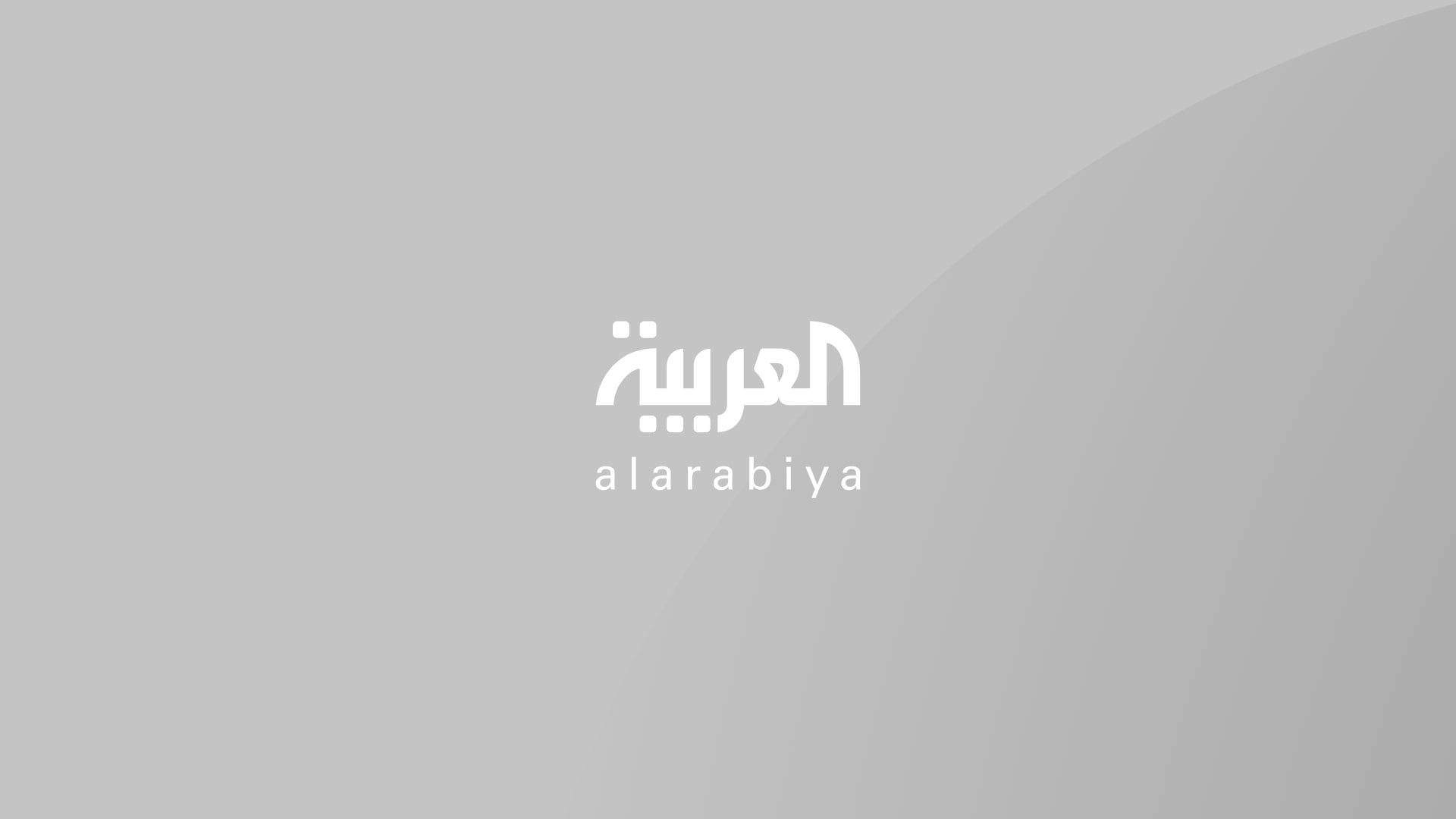Karak attack yet another test of Jordan’s resilience
Jordan being the target of terror attacks is not a big surprise as it has been so for a number of reasons
At the time this piece is being written, Jordanian security forces continue to sweep Karak governorate to make sure the southern city’s Crusader-era castle is completely free of more “terrorist outlaws” after four of them were killed.
The late-night security operation ended with the killing of four assailants, the Public Security Department announced, saying that the so far unidentified “terrorists” were holed up in the castle and were shooting randomly at police personnel, citizens and tourists, killing 10 and injuring 34.
Seven security personnel, two civilians and a Canadian tourist, were killed by the gunmen, who shot at police targets in the southern town earlier Sunday before heading to the castle. The hostage situation ended following a five-hour rescue operation, minister and spokesman Mohammad al-Momani said.
Although no details about the identity of the gunmen; their affiliation and their motives have been given so far, authorities and citizens have termed them as “terrorists” – a word referring to ISIS and al-Qaeda members and supporters or those carrying the two radical groups’ deviant ideology.
Circumstances leading to the Karak incident include manufacturing of explosives, shooting of civilians and security personnel and holding hostages all of which make it a terrorist act more than a criminal one from an academic more than political perspective. That is not the question anyway.
Although a security penetration of some kind has always been Jordan’s major concern, the kingdom still sees ISIS, al-Qaeda and other radical organizations as posing no strategic threat to its national security
Raed OmariWhy Jordan?
Jordan being the target of terror attacks is not a big surprise. It has been so for a number of reasons. The kingdom is an active member of the US-led anti-ISIS coalition and was among the first countries to declare war against terror. Countries such as France, Germany and Bangladesh, far away from terror-hit Iraq and Syria, had been the target of terrorist attacks, which gives an indication of Jordan’s predicament.
Although a security penetration of some kind has always been Jordan’s major concern, the kingdom still sees ISIS, al-Qaeda and other radical organizations as posing no strategic threat to its national security. Despite the growing concern of sleeper cells inside the refugee-plagued kingdom and its long border line with Syria and Iraq, extending to nearly 400 kilometers, Jordan has been showing resilience and firmness in the face of countless terrorist attempts to undermine its valuable asset in this turbulent region.
However, 2016 has been really a tough year for Jordan. The country witnessed four unprecedented attacks with the Karak one being the latest. Besides the ISIS-claimed attack on a forward military post at the borders with Syria in June, the Irbid attack in March, the “lone wolf” attack on the intelligence personnel in Amman’s Baqaa office in June and, seemingly, the Karak attack have all been the result of home-grown radical extremism.
It is not easy to address this phenomenon in Jordan, and elsewhere, considering the widespread use of social media, and prevalence of poverty and unemployment.
Angry voices
Although Jordanians have always been proud of the professionalism of their country’s security bodies, some angry voices have emerged from the streets. Even the parliament expressed dismay at the increasing attacks on army and police posts.
Let’s not forget here that the Lower House was the first Jordanian entity to call on the government to reconsider its long-held open-border policy with Syria.
But with counterterrorism efforts becoming really complicated in Jordan and in other countries surpassing the conventional military methods to a more sophisticated ideological, educational, cultural and technological endeavor, another attack is just round the corner, especially with ISIS and al-Qaeda becoming more of a “mind set” than terror organizations.
_____________________
Raed Omari is a Jordanian journalist, political analyst, parliamentary affairs expert, and commentator on local and regional political affairs. His writing focuses on the Arab Spring, press freedoms, Islamist groups, emerging economies, climate change, natural disasters, agriculture, the environment and social media. He is a writer for The Jordan Times, and contributes to Al Arabiya English. He can be reached via [email protected], or on Twitter @RaedAlOmari2
-

Jordanian forces clash with gunmen in Karak, 4 dead
The armed militants opened fire during a security raid to capture wanted men Middle East -

Saudi Arabia condemns deadly Jordan terror attack
Saudi Deputy Crown Prince Mohammad bin Salman bin Abdulaziz sent a cable of ... Middle East -

The limitations of Jordan’s war on terror
Jordan’s decisiveness and eagerness to daringly punish ISIS was received with ... Middle East Opinion -

Jordan court jails Norwegian-Iraqi for 15 years for ‘terrorism’
Rebai was found not guilty of belonging to Iran’s Quds Force, the foreign army of ... Middle East
